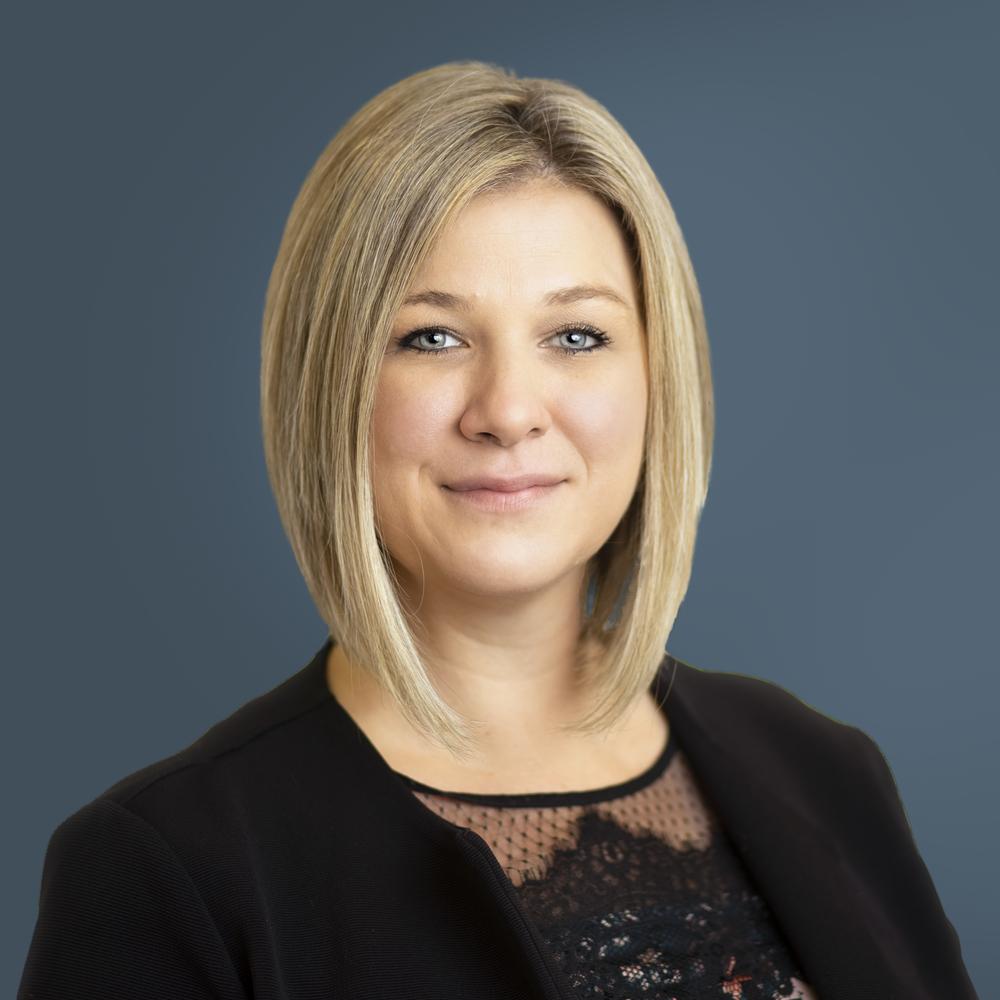If you are feeling lost or need clarification about financial advice, it’s natural to feel overwhelmed. But you don’t have to worry because we are here to support you every step of the way. Asking for help with your finances is a significant decision, which is why it is important to find the right person to guide you. A financial advisor can be a valuable resource for establishing and working towards your financial goals. However, with so many advisors available, it can be challenging to know where to start.
To make things easier, we have put together a list of questions to ask financial advisors. These questions will improve your conversations with any advisor you meet and might even give you some new ideas. Remember, it’s not just about making investments and getting returns; it’s about finding someone who can help you feel confident about your financial goals, no matter what’s going on in the market. So, take a moment to relax, gather your thoughts, and let’s start the journey of finding your ideal advisor.
1: Can You Tell Me About Your Qualifications?
Knowing the qualifications of your financial advisor is really important to make sure you are getting good advice. If you are looking for overall financial planning, it’s best to find someone who is a CERTIFIED FINANCIAL PLANNER™ (CFP ®). If you need help with taxes, a Certified Public Accountant (CPA) is a good choice. Keep in mind that not all financial planners are certified, though.
Some might have different licenses, like the Series 7, which lets them sell financial products but that does not mean they are as qualified as a CFP ® professional. So, when you ask about qualifications, make sure to get details about their licenses or certifications and how long they have been helping clients like you. This can make a huge difference in the type of relationship you have with your advisor.
For example, CFP ® professionals are bound by fiduciary duty to protect your interests. Additionally, they must pass rigorous testing and qualification to earn the coveted designation.
2: How Much Will I Be Charged For Your Assistance?
Before you decide to work with a financial advisor, it’s important to know how much their service will cost and make sure it fits your budget. Financial advisors have to tell you what they charge, but the way they charge can be different. Some may charge by the hour, others might have a fixed fee, or they could charge based on a percentage of your investable assets. Even if the fee is not fixed, your advisor should give you an estimate of what you can expect to pay.
Look for a financial advisor who is transparent about their fees and helps you understand what you can expect to pay. This will help make sure that they are a good fit for your needs and that they can help you achieve your financial goals. Keep in mind that the cost of working with a financial advisor is an investment in your financial future. You should not take this decision lightly.
3: What Kind Of Services Do You Offer?
When you are choosing a financial advisor, it’s important to consider the types of services they provide to ensure that they meet your specific needs and goals. Most financial advisors offer more than just investment management; they also provide a wide range of financial planning and wealth management services. These may include retirement planning, insurance guidance, tax strategies, estate planning, educational expense planning, charitable giving advice, business succession planning, and cash flow management.
Some advisors specialize in particular areas such as retirement or guiding people through financial difficulties, such as marriage, divorce, or even receiving an inheritance. For high-net-worth individuals and families, advisors may provide complete family-focused office services that combine wealth management with administrative support like bill paying. Knowing the full range of services available can help you make an informed decision when selecting the right financial advisor for your unique circumstances.
4: How Do You Communicate with Clients?
Effective communication is necessary when it comes to working with a financial advisor. You need to be able to reach out to them easily and quickly, especially when you need to make important financial decisions. That’s why it’s important to confirm clear communication options right from the start. When you meet with a potential advisor, don’t hesitate to ask them how they prefer to stay in touch or how often you will meet.
They might suggest phone calls or emails as these methods tend to be more secure than text messaging. Additionally, you could also find out if they prefer meeting in person or having video chats. Although texting might not be an option, having different ways to reach out means you can feel comfortable knowing you can always get in touch when needed. Clear communication is the foundation of any successful client-advisor relationship, so it is important to develop it from the start.
5: Are You a Fiduciary?
When it comes to managing your finances, it’s essential to have a trustworthy advisor who has your best interests in mind. Fiduciaries are professionals who are required by law to prioritize the interests of their clients over themselves. This means a fiduciary will give you the advice you need, even if it doesn’t benefit them.
Not all financial advisors are fiduciaries. Therefore, when you are meeting with an advisor for the first time, it’s a good idea to find out if they are acting as a fiduciary to ensure they are working with your best interest in mind. By asking this simple question, you are taking an actionable step toward safeguarding your financial future. Take the time to choose your financial advisor wisely.
6: Who Safeguards Your Investments and How?
When discussing your investments with a financial advisor, it’s crucial to inquire about the custodian they use. A reputable custodian—an independent financial institution like a brokerage—safeguards your assets, providing a layer of security and allowing you to verify the accuracy of your account information independently. Ask about the custodian’s fee structure and security measures, ensure they are regulated, and verify their history of security incidents.
7: How Do You Define Success In Your Work?
When it comes to managing your finances, choosing the right financial advisor is crucial. But it’s not just about hiring them; it’s also about keeping track of your progress along the way. That’s why it’s important to work with an advisor who can clearly explain how they will measure your success. While some advisors may compare your investment returns to big stock market indexes like the S&P 500, the best advisors will measure your success based on your personal financial goals.
For example, let’s say you are saving for retirement and have not yet put the maximum amount into your Roth IRA. In this case, simply doing better than the S&P 500 might not necessarily mean you are doing great. Instead, true success might mean that you need to increase the amount you are putting into your IRA each month to stay on track. By understanding how your advisor defines success, you can ensure that you are both working towards the same goals and that your financial plan is tailored to your individual needs.
8: How Do You Define Your Investment Philosophy?
It’s essential to know how your financial advisor handles your investments because it can help you determine if they are the right fit for you. A good financial advisor should be able to explain their investment strategy and philosophy clearly. This is important because it’s your money that’s being invested, and you need to be aware of how it’s being managed. Different advisors have different methods of building portfolios, selecting investments, and managing client accounts.
Some may prioritize short-term trading, while others focus more on long-term investing. Your goals will determine the approach used by your advisor. For example, if you are still far from retirement, your advisor may have a different strategy for your retirement savings than if you are retiring soon. Therefore, understanding your advisor’s investment philosophy is necessary to ensure that it aligns with your expectations and goals in managing your money.
9: Who Do You Consider To Be Your Ideal Client?
To get the best financial advice, it is important to understand the type of clients that a financial advisor prefers to work with. This can give you valuable insights into their practice and help you decide whether they are the right fit for your financial needs. You can review the services they offer to determine their ideal client. One effective way to do this is by checking Form ADV.
This document contains information on the number of high net worth and non-high net worth clients that an advisor has. The numbers can reveal a lot about the type of clients that the advisor is most comfortable working with. This information can be found in “Item 5: Information About Your Advisory Business” of Form ADV, under the Clients section. So, take the time to research and understand an advisor’s preferred clientele to ensure that you get the best financial advice possible.
10: How Do You Determine Investment Allocation?
Deciding how to allocate your investments is a crucial part of managing your money and ensuring financial stability. This means investing in different types of assets such as stocks, bonds, and cash. Diversification is a strategy that helps to spread risk and reduce the impact of any one investment or asset class on your portfolio.
However, before deciding how to allocate your investments, it’s important to talk with your financial advisor about how much risk you are comfortable with. This is because higher-risk investments can earn more money, but they can also lose more money. It’s important to work with your advisor to find the right balance of investments that matches your comfort level and your goals. This can help you achieve your financial goals while minimizing risks and maximizing returns.
Conclusion
To find the right financial advisor for your needs, it’s important to talk to multiple advisors. Take your time to carefully check each advisor to make sure they fit your preferences, you trust them and feel confident with their abilities. Don’t rush this process because it can lead to regret later on. It’s better to prioritize finding an advisor you can trust before making any financial decisions.
At Willamette Wealth Partners, we specialize in helping individuals nearing or in retirement plan for their next chapter. We are a financial planning and investment management firm with over 25 years of collective experience in personal financial services and are located in Eugene, Oregon. We are distinctly focused on building a lifelong relationship with our clients which fosters growth, confidence, and independence. If this sounds like the type of relationship you’re looking for, we encourage you to schedule a complimentary introduction call to meet with a member of our team so we can answer these above questions for you!
Written by Adam Coughlin and Locke Bielefeldt in collaboration with Lexicon Advisor Marketing.
*Asset allocation does not ensure a profit or protect against a loss.
*There is no guarantee that a diversified portfolio will enhance overall returns or outperform a non-diversified portfolio. Diversification does not protect against market risk.




